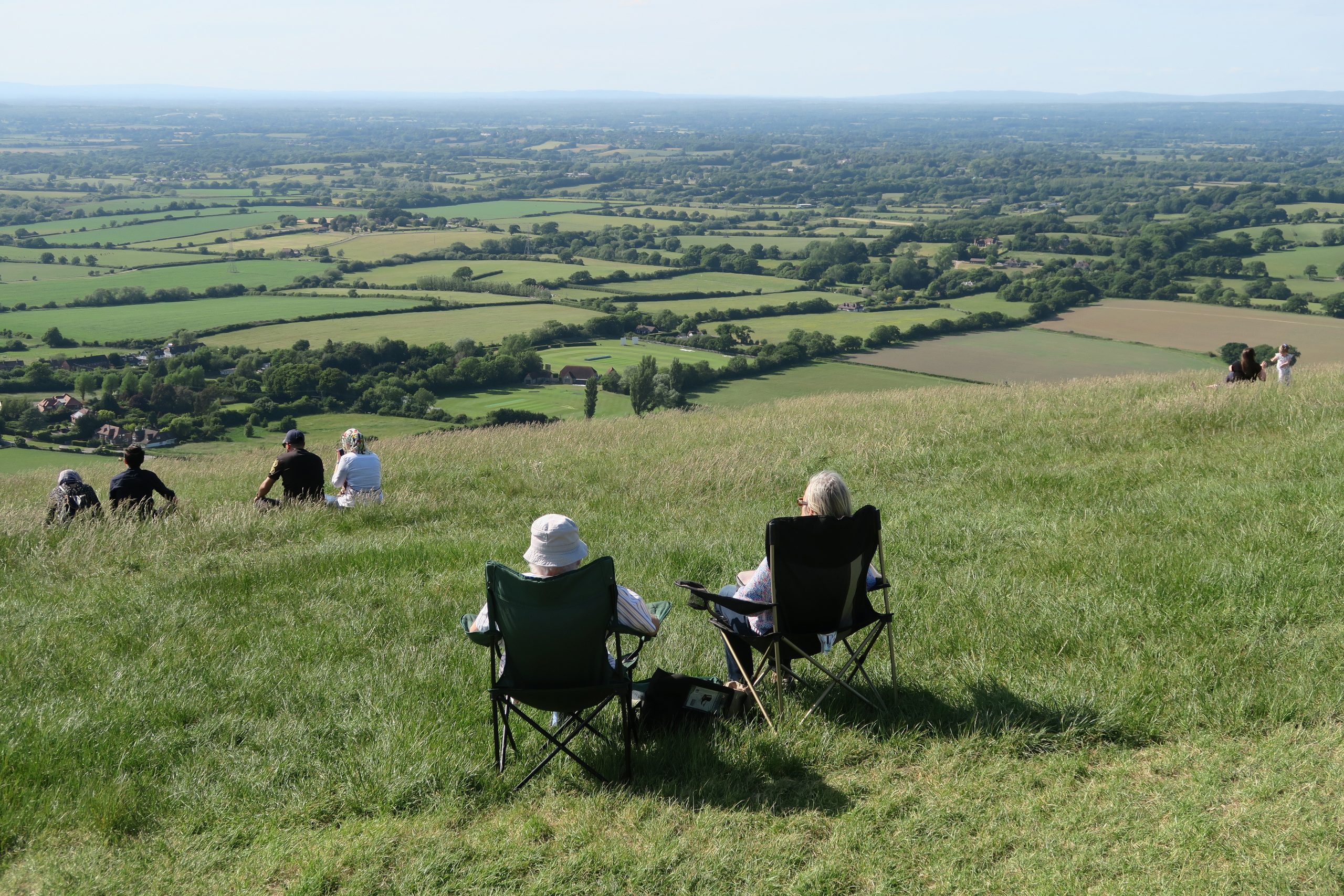
By: SUNDER KATAWALA, Director of British Future thinktank
NOBODY knows whether Nigel Farage will try to play a prominent role in the next General Election. The former Ukip and Brexit Party leader is currently taking a break from electoral politics, to build his profile as a broadcaster both in Britain and America.
Yet Farage has found an unusual campaign to keep his hand in – encouraging his supporters to take part in the council election of the National Trust charity where he hopes that the Reform Trust pressure group can “knock some sense into the once great National Trust”.
The National Trust has over 5 million members – almost all of them more interested in historic houses, gardens and cream teas than the charity’s governance. 125,000 members took part in the elections last year, six times as many as just before the pandemic. Restore Trust’s candidates got about a third of the votes, being outvoted by those more supportive of the Trust’s current approach.
This skirmish for the soul of the National Trust reflects how the charity found itself at the epicentre of Britain’s culture wars after it published research exploring its properties’ links to the era of Empire and slavery. A new British Future report, Inclusive Histories: Navigating Our Past in polarised times, has taken the temperature of the history wars, exploring how they became so heated.
The growing public appetite for understanding the history of an increasingly diverse Britain was catalysed by the Black Lives Matter protests of 2020. There have been many positive local experiences, but frustration at how the political and public debate could seem unconstructively polarised. Many practitioners were agnostic about the language used, though there were varied critiques of the language of decolonisation, seen as abstract and unclear, and putting more emphasis on taking something away rather than broadening the story to ensure that all voices could be heard.
The report contains a range of practitioner reflections include a fascinating reflection by academic Corinne Fowler on her response to finding herself at the epicentre of a culture war media storm after leading the National Trust’s research. “I answered my hate mail,” she writes, reporting that meaningful engagement was often possible, even with correspondents who began with hostility. Fowler says it is time to ditch the military metaphors. If “calling out” entrenches defensiveness, she says that “calling in” can work better acknowledging different starting points and promoting greater understanding of our complex history.
Bristol also had a less polarised public conversation about history – after the statue of Edward Colston, a key figure in the slave trade, was pulled down. The Bristol History Commission, which received 14,000 public submissions, managed to generate dialogue between different views. There was a broad public consensus for the Colston statue being in a museum telling the story of the controversy as part of a broader educational effort.

There are more pessimistic scenarios. One danger is that controversy could see major institutions retreat from the debate, or undertake projects while seeing communicating about them as a risk. That would be a mistake, when greater public education is the goal, especially as it leaves the public discussion distorted by often unrepresentative polarising voices. Indeed, a poll commissioned by the Policy Exchange think-tank found a strikingly wide margin of general public support – by 76% to 13% – for the Trust doing more to educate its visitors about its properties’ direct and indirect links to slavery and colonialism.
So it is important to create the conditions for greater confidence. Some important foundations could be strengthened, including by demonstrating the breadth of public interest and engagement in this work, and deepening community engagement and research into ethnic minority attitudes. We need an evidence-based and less anecdotal debate about what resonates across both minority and majority groups.
Anniversaries can have a catalytic effect. This 75th anniversary of the Windrush was projected as a national moment, from the King commissioning portraits of Windrush elders for the Royal Gallery to the NHS and the Royal Mail recognising the contribution of the pioneering Windrush generation. The anniversary did not duck the sharp edges of the Windrush scandal, which made this a ‘bittersweet anniversary’, as Patrick Vernon of the Windrush 75 network put it. A striking revelation in Theresa May’s new book – that she had still not understood how onerous the Home Office processes were until challenged by Lenny Henry at the Windrush Day service in 2018 – shows how commemorating the past can help to challenge contemporary injustices too.
The National Trust AGM in Swindon on November 11th is unlikely to have the drama of America’s culture clashes over Donald Trump’s courtroom appearances in the neck and neck Presidential race. The lesson of our clashes over contested history may turn out to be that we can choose to talk our way out of the culture wars after all.
 [TheChamp-Sharing]
[TheChamp-Sharing]